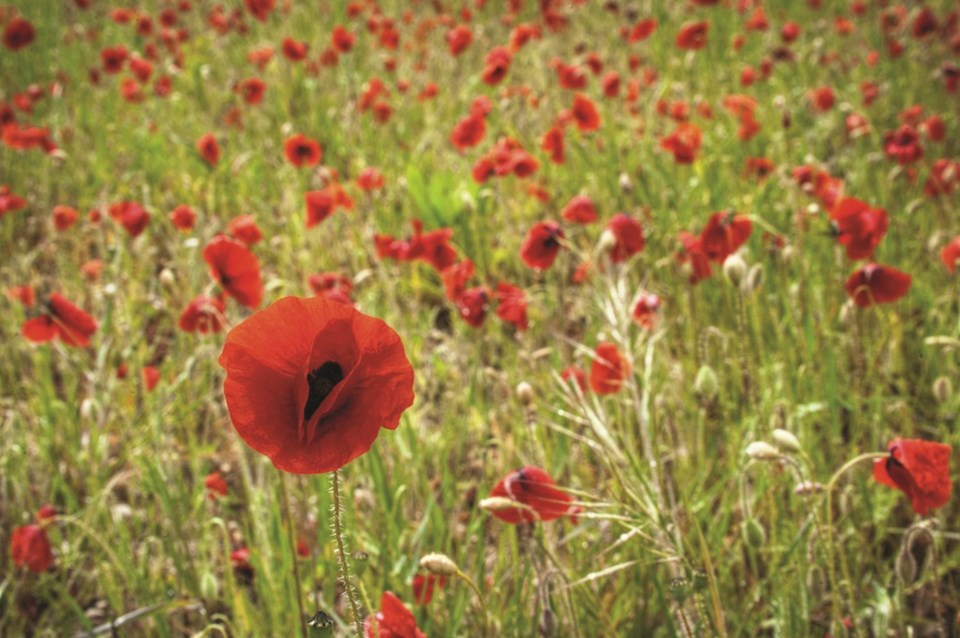Each year, our country stops at 11 a.m. on Nov. 11 for two minutes, listening to the sounds of the trumpet playing Last Post and Reveille. We pause for only a short period of time to remember those who have sacrificed their lives to ensure we have the freedom to live as we wish. After those two minutes of silence is over, we continue to go about our day until we pause again a year later.
Yet, there are people who work year-round to remember the veterans. They attend meetings, create fundraisers, sell merchandise and hope some new members would join, keeping the memories of those veterans alive. They are the members of the Royal Canadian Legion.
The first Canadian Legion was established in Winnipeg, Man. in November 1925, under the moniker Canadian Legion of the British Empire Services League. Charters and memberships grew through the 30s and again after the Second World War. It was in 1960 when Queen Elizabeth II gave her seal of approval, granting it royal patronage and changing the organization’s name to the Royal Canadian Legion.
With more and more veterans joining the charters, many of them built or purchased a building as a place to gather. Legion members knew they could talk to other members, supporting each other in difficult times. They were brothers throughout the war and brothers back home.
But as time continues, we are slowly losing our beloved veterans. While there are some Legion members who were enlisted or fought in battles in the more recent years, the number of members is fading. These members are getting up in age, along with all the toils of getting older. Some may not be able to get around as easily or are having health issues, which results in them not being able to help as often at Legion functions, including the annual Remembrance Day services.
If that happens, who is going to step up to carry on the traditions? There are certain things that need to be done during Legion ceremonies, regardless of the occasion, and if there are no Legion members to follow through with the criteria, is it really a Legion ceremony anymore? We already know there are those out there who will find a way, but when they burn out or cannot do the job anymore, then what?
I will tell you what you can do to keep the Legion going strong and it is very simple.
Join.
The criteria for joining the Legion have changed over the years and now many charters are welcoming anyone who would like to join. Our own branch has seen growth this year, with four people joining the ranks. As much as it hurts to lose a veteran, it is always great to see growth in the Legion.
This past summer, I became one of those four new members, and I have to say I wish I had done it sooner. Putting on the beret, wearing the navy jacket, it gives a sense of pride. I am proud to represent two of my great-uncles who served in the Second World War: Joe Annau and Alex Scheer, who is a fallen soldier. I am proud to represent the veterans I knew growing up and watched each year at the Remembrance Day services. They were the same veterans I was able to work with as they got older, assisting them with some of their daily tasks. I am proud to represent our country and our community.
So, when you stand for the two minutes of silence this year, make note of those who are standing in their uniforms. Some may have never fought, but they will continue to fight for the veterans.




